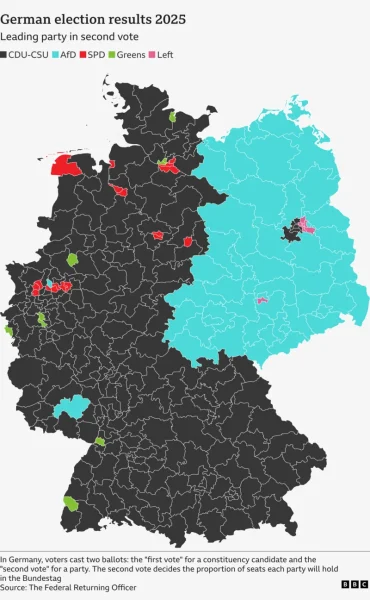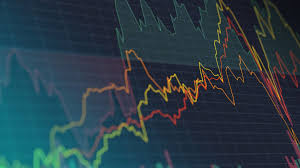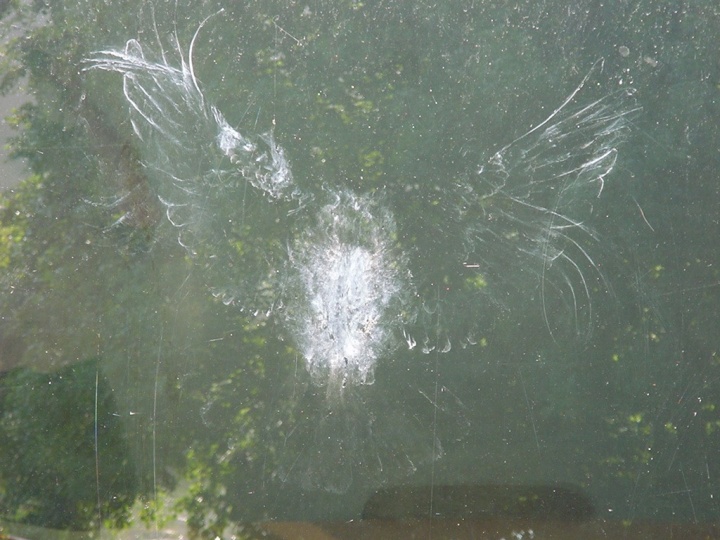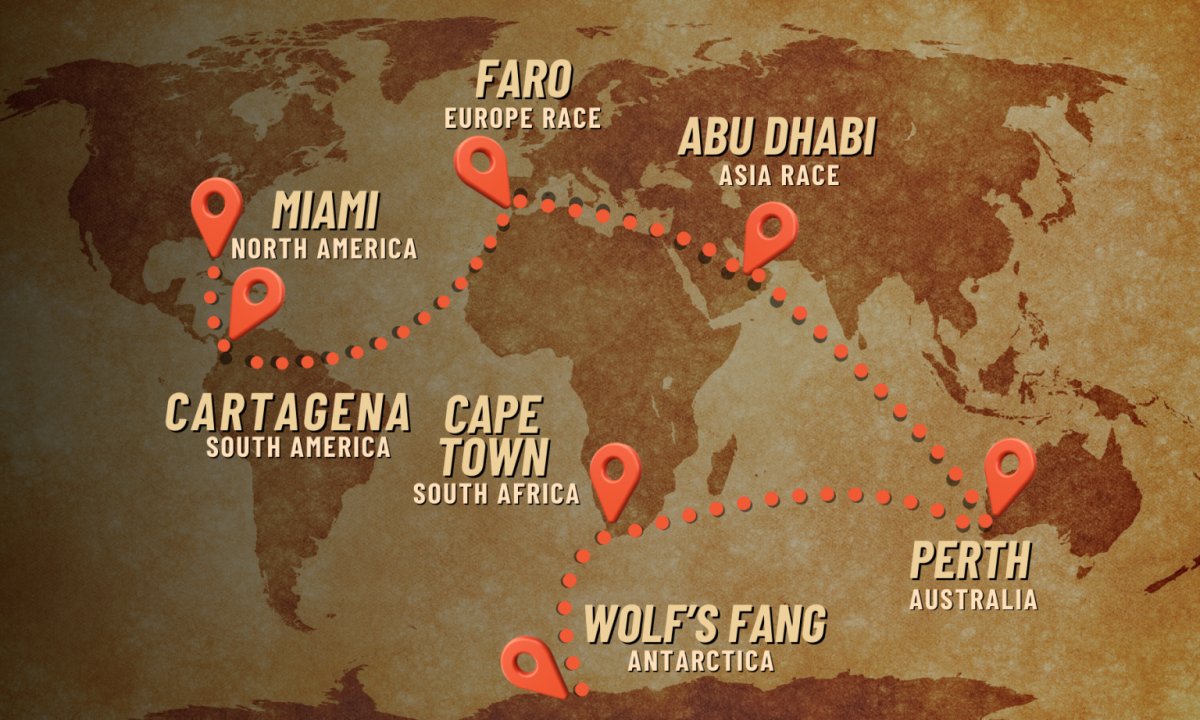The Long Shadow of History
From World War II to the modern day, Germany’s journey has been a shocking success story. From a second major war loss and brutal partitioning, the country has climbed its way back from the brink of destruction to become one of the world’s biggest economies, and a bastion of democracy. However, the Germans have never forgotten the depths from which they’ve come, and these days that history is threatening to surface.
A Particular Perspective
Unlike the bipartisan system in the US, Germany has a multitude of parties that compete for shares of representation in their parliament, the Bundestag. Because of this, many diverse interests are represented by the parties, and a party needs only a small share of the votes to win representation, or even to secure a majority. One such party is known as the Alternative for Germany, or AfD. The AfD is highly conservative, and they have been known for connections to Nazi slogans and symbols, as well as seeing immigrants from majority Muslim countries as less than equals. In the latest German parliamentary election, the AfD got a record 20.8% of all votes. This translated into 152 Bundestag seats. The interesting thing about the AfD’s popularity is that it comes almost entirely from the former East Germany, which was occupied by the Soviet Union after World War II. This is just one example of how Germany’s present is tied to its past.

Cautionary Steps
On Friday, May 2, a German intelligence agency (the Verfassungsschutz) classified the AfD as an extremist group. This does not mean that they would be banned from governance, but is the first step toward a ban. Alternative for Germany leaders responded immediately and harshly, condemning the move as politically motivated and undemocratic. Co-leaders Alice Weidel and Tino Chrupalla called it “a severe blow to German democracy” (BBC). This new classification is the latest in a longstanding effort to limit the governing power of the AfD, which reminds the German establishment of the ideals displayed by the Nazis in the years leading up to World War II. The German Foreign Ministry responded to criticism by stating, “We have learnt from our history that right-wing extremism needs to be stopped” (NPR).
A Chancellor Sabotaged
While these accusations were being flung, there was another important matter on the mind of the German government. It was time to nominate a new chancellor. Candidate Friedrich Merz’s Christian Democrats had formed a coalition with the Social Democrats, assuring a majority to propel him to the position of chancellor. However, when the votes were counted, Merz came up short by six votes. This has never happened in post-war German history. A new vote was frantically arranged, and this time Merz was successfully elected. The stumble raised a lot of questions, because it’s still unclear why exactly the vote didn’t go through the first time. Votes are anonymous, and nobody has stepped forward to claim responsibility for violating the party lines. Could it have been Social Democrats, unhappy with the coalition? Or did the dissent come from within the Christian Democrats themselves, perhaps even as a protest against the establishment’s treatment of the AfD? It’s possible that we’ll never know. Merz has power now, but he knows how shaky his position is. It will take a strong leader to confront this changing political landscape and keep Germany as we know it today together.
Works Cited
Kirby, Paul. “AfD Classified as Extreme-right by German Intelligence.” BBC, 2 May 2025, www.bbc.com/news/articles/cwy6zk9wkrdo.
Neumen, Scott. “Germany’s Ultra-Right AfD Party Declared Extremist.” NPR, 3 May 2025, www.npr.org/2025/05/02/g-s1-64037/afd-germany-extremist-alternative.
Rajvanshi, Astha. “Friedrich Merz becomes Germany’s chancellor after historic defeat in first round vote.” NBC News, 6 May 2025, www.nbcnews.com/world/europe/germany-chancellor-friedrich-merz-historic-defeat-vote-bundestag-rcna205051.




















